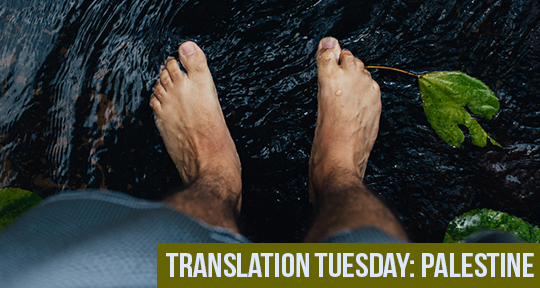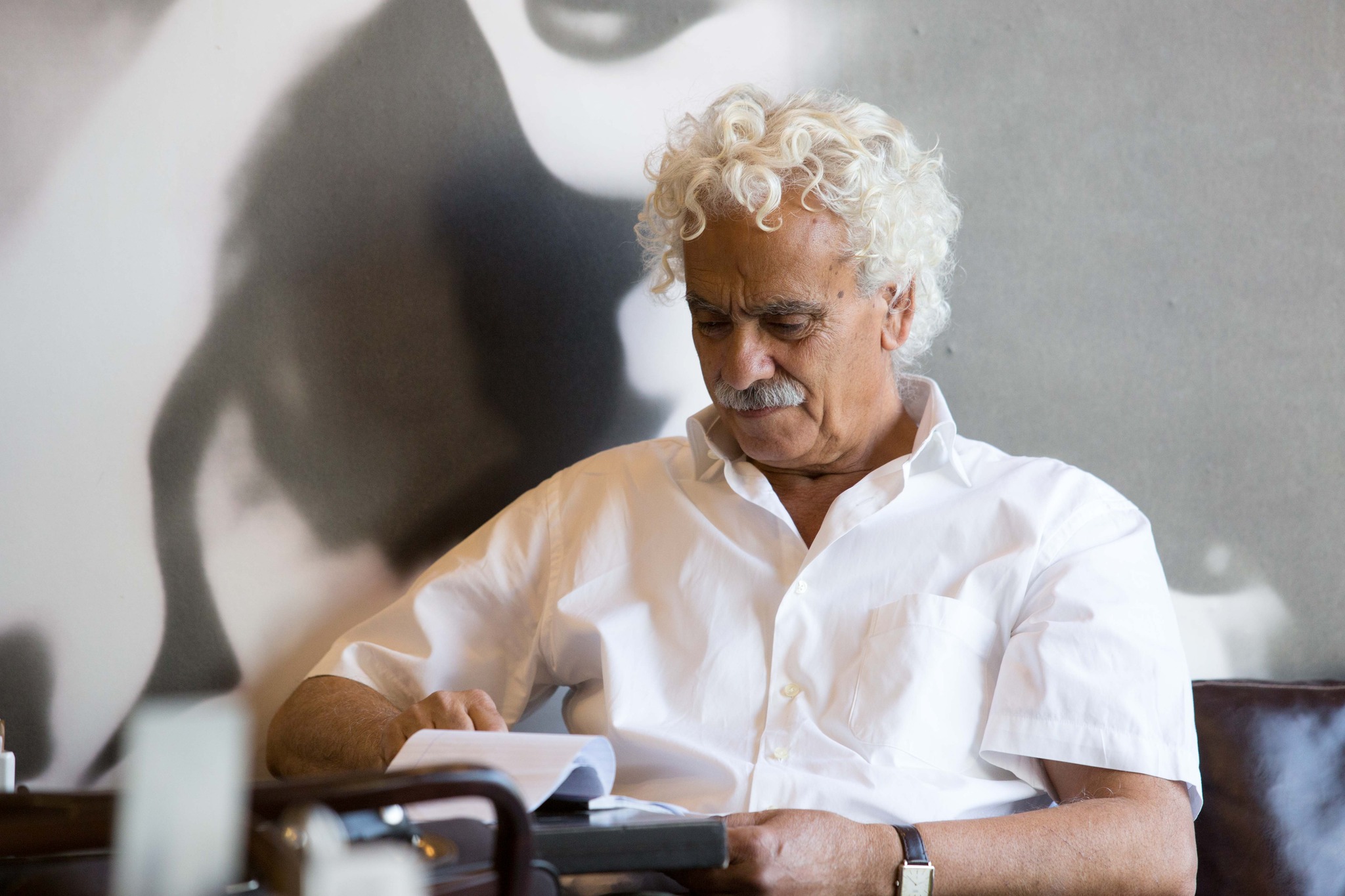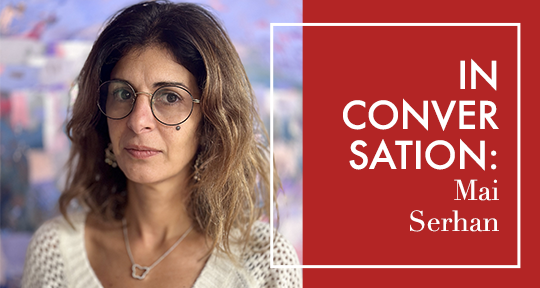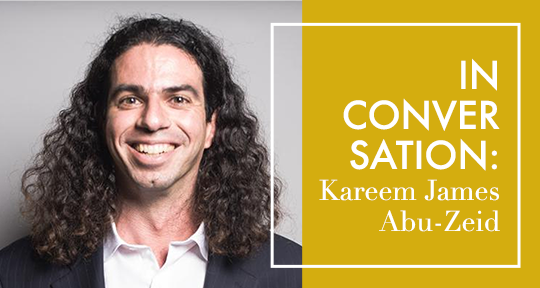Born in Haifa in 1944, Olivia Elias is a poet of the Palestinian diaspora writing in French. During her childhood, she lived as a refugee in Beirut, but later moved to Montreal and then to Paris in the early 1980s. While she started to publish her poetry quite late in comparison to other poets, she has authored several collections since 2013. Her poetry is characterized as precise and rhythmic, and the Palestinian cause is a recurring theme throughout her work. Elias’ poem “Flame of Fire” opens:
I was born
In this
Eruptive time
When my country’s
Name was changed
Though Olivia Elias began writing poetry at a later stage in her life, she quickly gained maturity in the craft. With her third collection, Chaos, Crossing she reached an artistic peak, which has been brought into English in Kareem James Abu-Zeid’s translation. While the collection contains previously published poems, it also features poems which haven’t yet been published in French before. In this interview, Kareem James Abu-Zeid discusses his introduction to Elias’ work, the influences and intricacies of Elias’ poetry, and the process of bringing Chaos, Crossing into English for the first time.
Tuğrul Mende (TM): You studied French literature in the past. Can you tell me what drew you to the subject and what drew you to translate Olivia Elias?
Kareem James Abu-Zeid (KJAZ): It’s funny, because I did study French literature and poetry—French was my major as an undergraduate—but that wasn‘t how I discovered Olivia‘s poetry. She was introduced to me by another Palestinian poet, Najwan Darwish, in May 2020, and I immediately wanted to translate her work.
I wasn’t reading a lot of French poetry at the time, and I was mainly translating Arabic. All of the literary projects I had done up to that point were in Arabic. I do a lot of academic and professional translations from French and from German, but I hadn’t done many literary texts. Up until 2003, when I graduated from college, I was reading a lot of French poetry, but then I began translating Arabic and French literature dropped away a little bit in my translation life. So this project somehow felt like it connected those disparate parts of my life.
TM: What do you do differently when translating from those various languages?
KJAZ: I don’t consciously do anything differently. There are different things that happen and different challenges that arise with different languages, of course. For me, it always starts with understanding the source text, whatever its language. Then, hopefully, you develop a more empathetic connection to the source text, you really connect with it on a deeper level. The goal is to have the translation work as poetry in English.
There are different challenges with each language, and certainly with Arabic. When translating from Arabic to English, for example, the way the two languages work is so different that anything resembling a word-for-word translation is pretty much impossible. You’re forced to get very creative in terms of syntax, rhythm, etc.
With this project in particular, what I noticed is that I felt (for a little while) that I was going to be able to produce a translation that looked, at least on the surface, more like a mirror of the original French. I got lulled into a false sense of security, because the two languages are so close to one another in so many ways. But later on, I realized that the English wasn’t quite ”clicking” in the way I wanted, and that I couldn’t always mimic the French syntax or rhythms, or go with English cognates for French words—I had to step back a bit and really allow myself to recreate the texts as English-language poetry. I learned that there are unique difficulties when the languages are so close to each other as well. There were several times when I thought I had something good in English, and I was pleased, because in many ways it looked very close to the French. But then, when I managed to forget about the source text and just consider the English on its own, I realized that something was definitely sounding a bit “off” in my translation. READ MORE…







